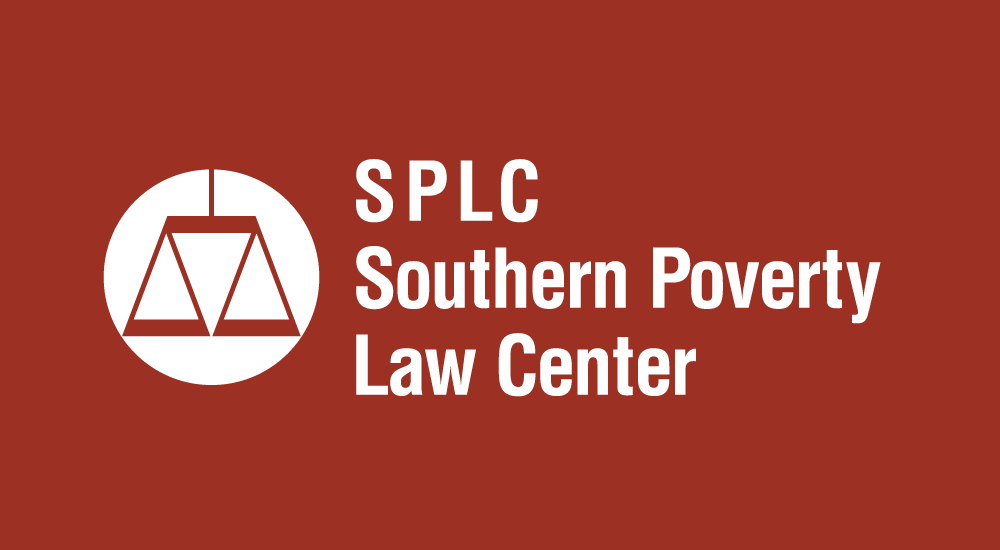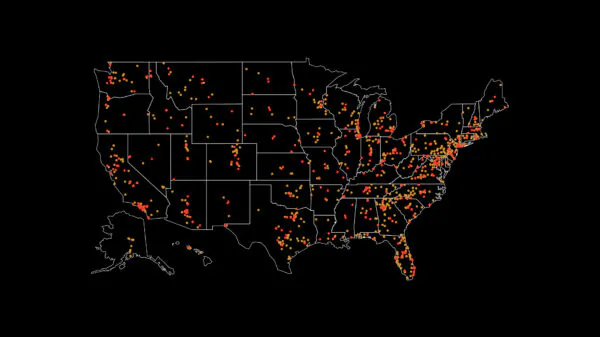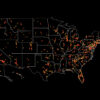The SPLC Action Fund announced two new political action committees Tuesday to help recruit, support and drive greater diversity among political candidates running for local offices throughout the South.
The two new PACs are New Southern Leaders federal Political Action Committee and New Southern Majority federal Independent Expenditure Committee (Super PAC).
“While many suburban counties have become more progressive and diverse in the last decade, local elected leadership remains overwhelmingly white and conservative,” said Margaret Huang, president and CEO of the SPLC Action Fund. “And these incumbents often keep winning simply because they run unopposed. In Southern states, it is not unusual for upwards of half of local elections to be uncontested. And that is how we end up with school boards that are not only banning books but also the teaching of Black history and culture, and the Holocaust; cities that arrest and kill Black citizens at a rate five times greater than whites; and elections deniers in charge of counting votes in elections.”
There are dozens of uncontested races on the ballot in Alabama, and there would be dozens more if not for a push by the Alabama Libertarian Party to put up candidates.
Huang said an impact can be made on many issues at the local level, including reducing the number of incarcerated Black men, ensuring free and fair elections, inclusive public schooling and decriminalization of homelessness and poverty.
“The New Southern Leaders PAC and New Southern Majority IE PAC will focus on recruiting and supporting a fresh new wave of candidates,” Huang said. “Running for office for the first time, against a multi-term incumbent is a challenge that takes courage and resources, which is why we plan to work with communities of color to build their political power by supporting Black and Brown candidates – particularly given the intense attacks against their voting rights and the blatant disregard from current elected officials.”
This fall, New Southern Majority IE PAC plans to spend up to $800,000 on local elections in Georgia.
Former U.S. Sen. Doug Jones will serve on the board of the New Southern Majority Super PAC.
“Like many Alabamans, I have long admired the Southern Poverty Law Center for its tenacity to fight against the odds and bring about meaningful change that can still be felt decades later.,” Jones said. “I’m excited to be able to work with the SPLC in my political capacity, and for our PACs to collaborate on building the necessary infrastructure to win in the South.
“And winning in the South is more important than ever. What happens down here affects everyone in our nation. The populations in Southern states are rapidly growing and becoming more diverse. We are gaining seats in Congress and becoming more competitive for progressives, while Northern and Midwest states are losing House seats and drifting rightward. More Southern states could follow the trajectory of Georgia, but only if we are willing to make a long-term investment in these states, looking beyond winning just the next federal election, and being willing to build Black and Brown political power from the bottom up.”



















































